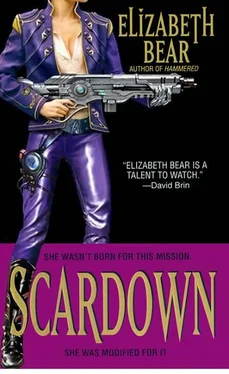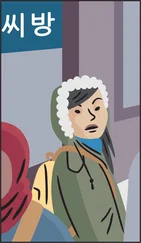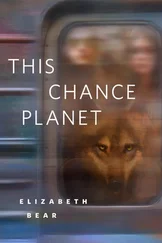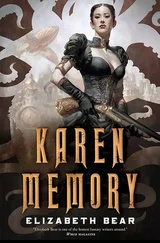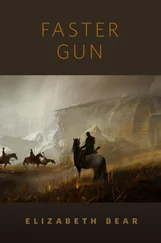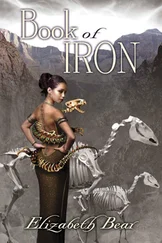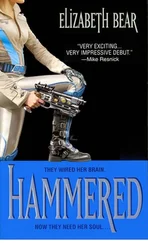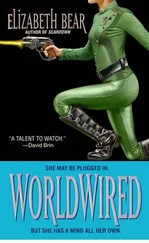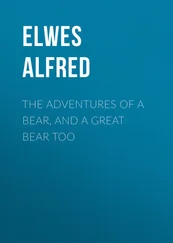“I'm not sure what you're saying, Ellie—”
“Aren't you?” Sly and sideways. I have to swallow my grief and my hope before it all spills down my face again: somehow, she's not broken yet. “She's working toward getting the EU, the Commonwealth, and PanMalaysia to sign a cogovernance agreement. If they come on board, the South American states will follow—”
“PanChina will be a problem. And there's the matter of talking to the aliens—”
She tilts her head to one side. “If it were easy, it wouldn't be fun. Richard can be everyplace at once. Which includes Earth, even if the mobile ships leave, because the Huang Di is ours by right of salvage now, and the Calgary—”
— isn't going anywhere. Hah. Yeah. The irony makes me laugh myself sick: think for a moment of ripping myself free, taking Elspeth and Gabe and Genie and running for the hills — and find out my gorgeous justification is already a part of the prime minister's audacious plan for world cooperation. By the time I'm done, wiping tears onto the back of my left hand, everybody else by the windows is staring at me. I shake my head helplessly and grab Ellie's hand. “There's a hell of a lot of work left to do, if we want it.”
A long silence follows, and Ellie squeezes back. It's Patty who breaks the quiet, surprising me. “The whole world just changed.”
Elspeth, softly: “What do you mean?”
The girl lifts her shoulders, dark hair shining over them. It's a speech she's rehearsed in her head, and it shows. “I mean we've converted the entire planet into a macroprocessor, linked human minds together, invited alien races among us, given ourselves over to the, the stewardship of a creature a hell of a lot smarter than we are—”
“Not smarter,” Richard says, in my head and with Patty's voice. “Just better at crunching numbers. And stewardship is still not a job I'm equipped for, kid.”
“What-ever.” Still perfectly sixteen, and she glares when Ellie and I burst out laughing.
“Nah. I know what you mean.” I shake my head helplessly as Gabe comes up on her other side, still holding on to his daughter as if he'll never let her go. He sighs, and I have to turn from the grief and the faith in his face. But he steps around Elspeth, and reaches out to cup my chin in his hand, turning me away from the glass so that I have to look at his eyes. There's almost a — bubble — around the five of us — me, Elspeth, Gabriel, Patty, Genie. And Richard now, always Richard — the world given voice, or something. Whatever it was that Patty was trying — and failing — to say.
I can feel the rest assembled, but they don't intrude. I have a name for the thing in my belly, but it frightens me to say it. Hope. God. I don't want to hope. And I can't seem to help it.
“Well.” He takes a breath like a man who's been holding on to the last one too long, and considers me. “That work you mentioned. Do you want it?”
“No.” Hell, no. “But it's got to be done.”
The last army-wagon straggles
along my starswept trail
corners at the terminal world
and vanishes into the cold.
They'll bury their daughters
and their sons in war-gardens
and the common trenches between the suns.
When after a long trail they arrive
we await their coming.
No message we chase them with
no flag to bring them home, but
whispers without voices
visions without eyes.
They travel on.
We choose to forget them.
They travel on,
recalling home.
— Xie Min-xue, “The Ballad of the Star-Wagons”
